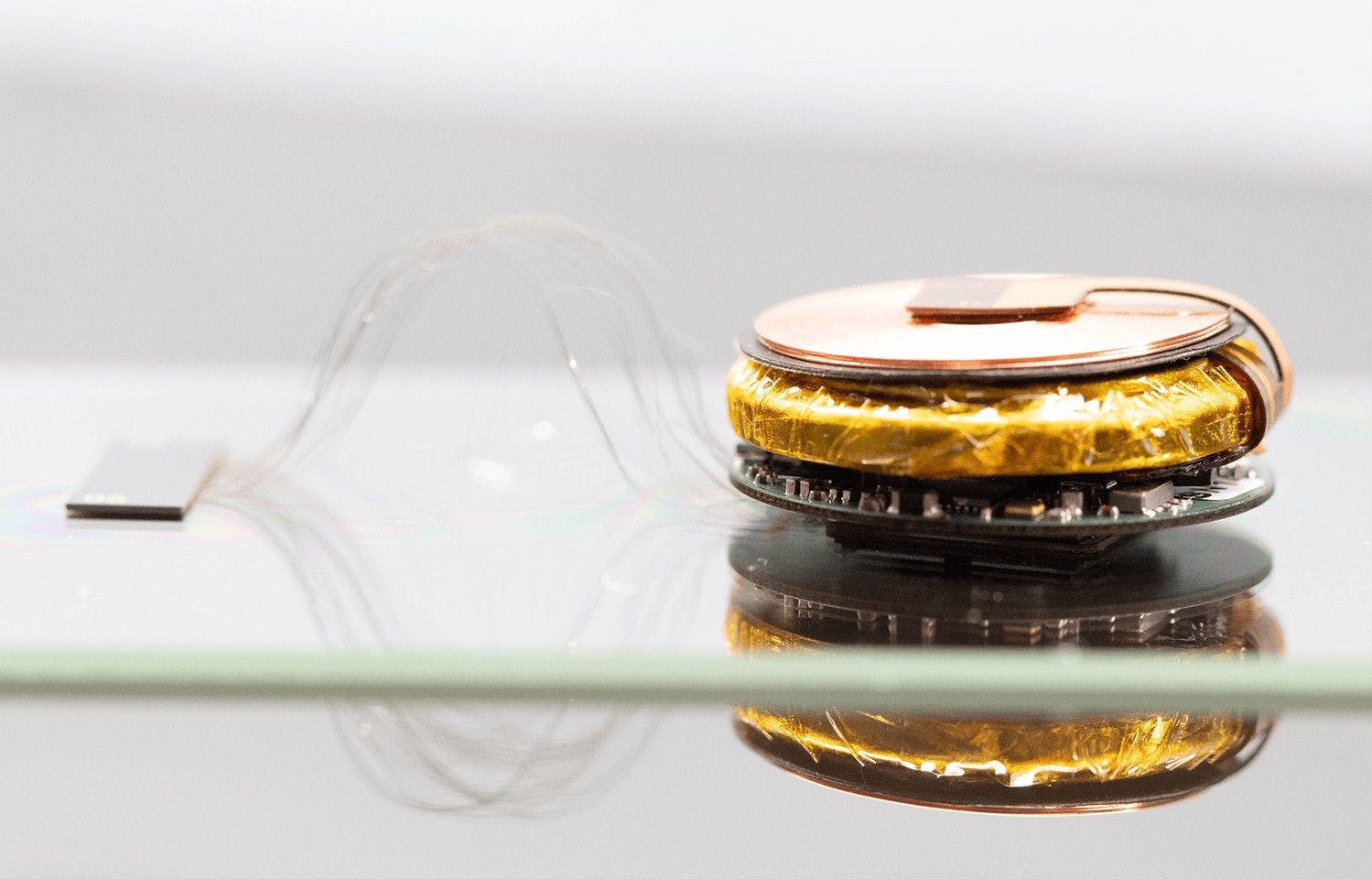An uncertain path ahead for Neuralink after FDA rejects request for human research
If you’re an avid reader of medtech news like we are, you’ve probably heard.
Elon Musk has been saying for months that Neuralink, his brain-computer interface (BCI) company, would be starting human trials with FDA go-ahead this spring.
However, despite all of the fanfare, reports surfaced that the FDA rejected Neuralink’s application back in 2022, citing dozens of safety issues. What’s more, now a year after the rejection, Neuralink employees told Reuters they’re skeptical the issues can get fixed quickly.
But Musk’s ambition appears to not be dashed. Last week, Reuters reported that Neuralink approached Barrow Neurological institute about partnering on a clinical trial.
So, where does this optimism stem from?

The BCI landscape
BCI companies are some of the most daring and exciting medtech companies we’re watching.
Last May, we watched Synchron—Neuralink’s main rival—begin human trials of its brain implant chip, the Stentrode. In the fall, we discussed how BCI technology is allowing quadriplegic people operate electric wheelchairs with their minds.
Yet, as we reported back in 2021 when Neuralink was sharing results of its animal trials, Musk’s medtech company has made bold plans, even for BCI standards.
People with brain or spinal cord injuries—as well as healthy people—could have devices implanted at local outpatient facilities. Applications ranged from curing autism to manufacturing telepathy.
Musk has boosted Neuralink’s valuation—estimated at over $1 billion—to a higher level than any of its BCI peers due in part to his public declarations about the technology’s capabilities and safety. He has even said he’d be willing to implant them in his own children.
“I could have a Neuralink device implanted right now, and you wouldn’t even know,” Musk said at the November presentation where he forecast the spring FDA nod. At another Neuralink event in 2020, he’d said: “You’ll be able to save and replay memories…. The future is going to be weird.”
What’s the path forward for Neuralink?
Of course, an FDA rejection does not mean Neuralink will never be approved for human testing. However, experts consulted by Reuters revealed that the agency’s rejection at this point signals “substantial concerns.”
Plus, with the FDA’s record of approving about two-thirds of all human-trial applications filed by medical device companies over the past three years, the stakes for Neuralink’s next move are rising. By the agency’s second review, an estimated 85% of all applications tend to gain approval. Any device companies that don’t make it past their third try tend to throw in the towel.
Neuralink investors retain confidence in Musk due to his past successes with his other companies, Tesla and SpaceX.
“I definitely would never bet against him,” said Bob Nelsen, co-founder of venture capital firm ARCH Venture Partners, who said he invested personal money into Neuralink. “If he has some bumps in the road with Neuralink, or any other thing, he’ll regroup and figure it out … Just think about it: Those are hard industries with huge safety barriers—cars and rockets.”
However, more skeptical Neuralink staffers interviewed by Reuters said that Musk’s leadership style and extremely ambitious, public timelines can create vulnerabilities when applied to the world of medical devices. After all, internal and public stakeholders need to have a degree of long-term patience when dealing with the long horizons of human trials.
As Neuralink continues optimistically ahead, it faces other clashes with regulators. Reuters has also reported that the federal government is investigating the company’s treatment of research animals and the Department of Transpirtation investigating the company’s possible illegal transportation of dangerous pathogens.
As we watch what happens next with Neuralink and its high-profile founder, we’ll be paying attention to innovations that result from scientific research in the exciting BCI field—even if it may come a little slower than some stakeholders may hope.